Middle East, June 26, 2024 — Tensions in the Middle East are escalating as the potential for a broader conflict grows between Israel and Hezbollah. Recent developments indicate that the ongoing Hamas-Israel war in Gaza could spread, threatening stability across the region.
The Israeli government has announced plans for an all-out attack on Lebanon to suppress Hezbollah, a powerful Shiite militia backed by Iran. This move comes amid fears that the conflict could extend beyond Gaza, drawing in neighboring countries and regional powers.
UN Secretary-General Antonio Guterres has expressed deep concern, warning that a full-scale war between Israel and Hezbollah would be catastrophic.
In a televised speech on Tuesday, Hezbollah leader Hassan Nasrallah responded to Israel's threats, stating that Lebanon is prepared for the worst-case scenario. Nasrallah warned that any Israeli aggression would result in severe retaliation, potentially erasing Israel from the map.
"Threats of war do not scare us," Nasrallah declared. "Hezbollah has prepared itself for the worst situation. Attacking Lebanon would wipe Israel off the map."
The situation is further complicated by the involvement of other Iranian-backed groups in the Middle East. Armed factions from Iran, Iraq, Syria, and Yemen have expressed readiness to support Hezbollah if an all-out war begins. Even the Taliban have offered to send fighters.
Nasrallah, while appreciating the offers, emphasized that Hezbollah is currently using only a portion of its forces, primarily for missile and drone operations. However, he noted that this could change if the conflict escalates.
Experts suggest that the current conflict relies heavily on advanced technology, such as missile and drone strikes, rather than large numbers of ground troops. Hezbollah's capability to launch significant missile attacks on key Israeli sites has been highlighted by the recent release of video footage showing Israel's sensitive military installations, including the Dimona nuclear reactor and Ben Gurion International Airport.
The last major conflict between Israel and Hezbollah occurred in 2006, resulting in significant damage and casualties on both sides. Analysts warn that a renewed war could be even more devastating.
Abdul Bari Atwan, a prominent political commentator, remarked that Israel is now fighting on three fronts: Gaza, Lebanon, and the West Bank. He suggested that Israel's current strategy could drag the United States into a broader Middle Eastern war, potentially benefiting global powers like Russia and China.
As tensions mount, the international community watches closely, hoping to avoid a full-scale regional conflict. The stakes are high, and the outcomes uncertain, with potential ramifications for global stability and security.



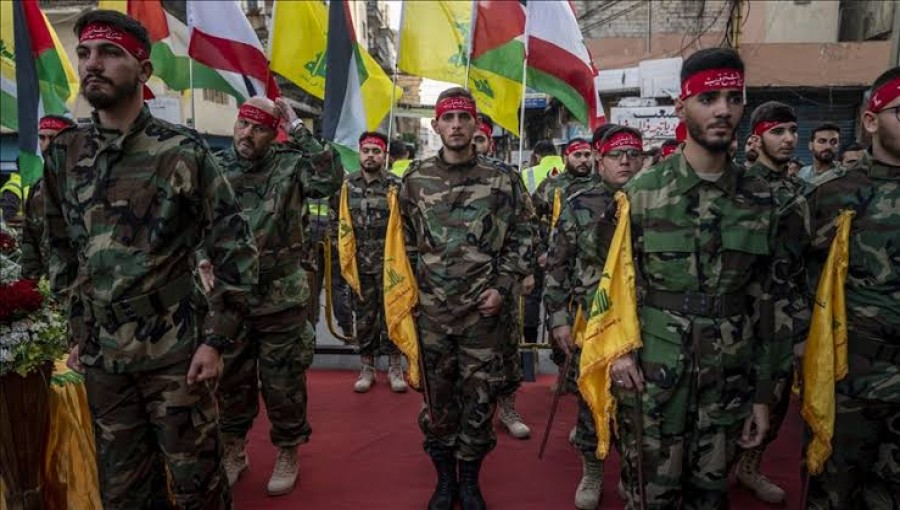


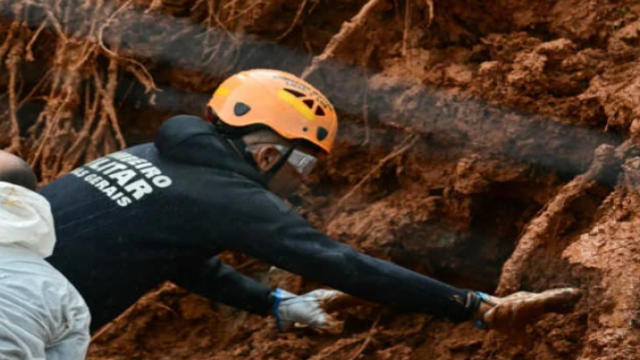

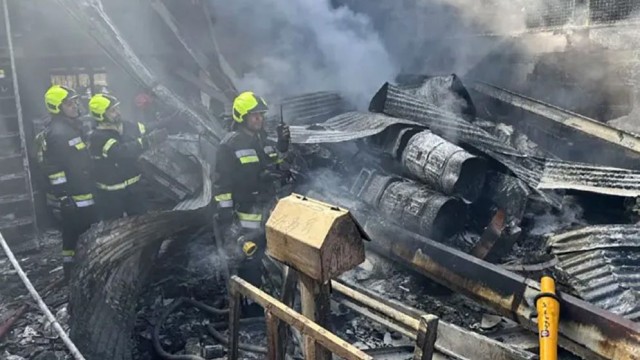
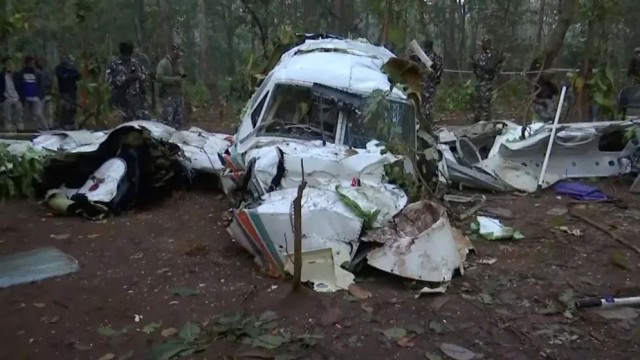
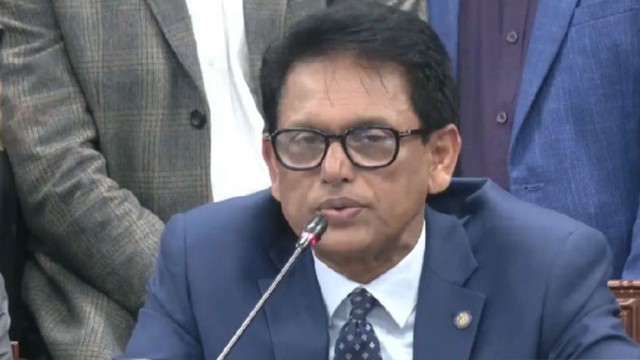



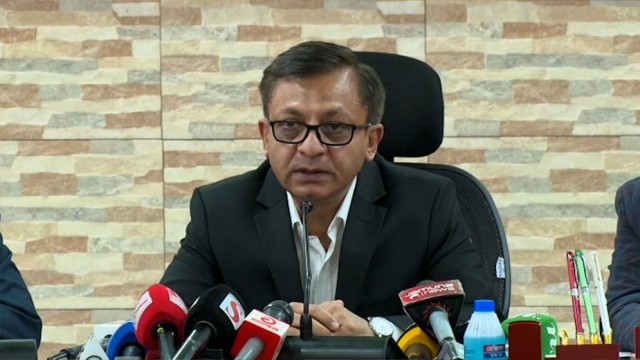

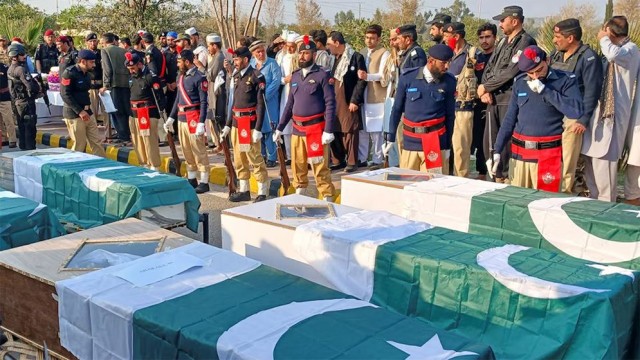

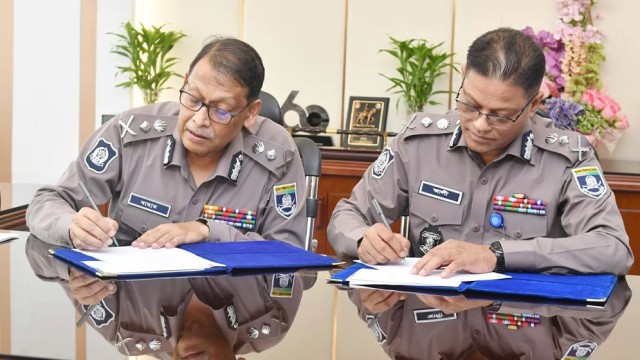
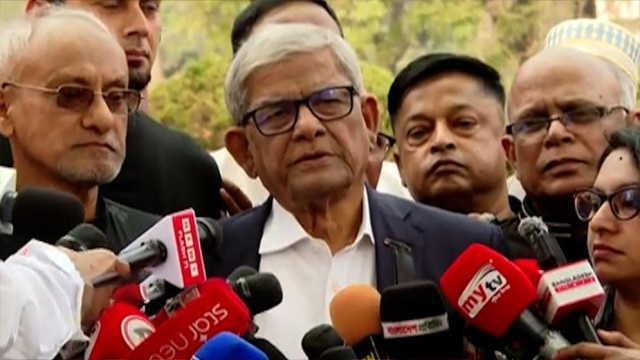






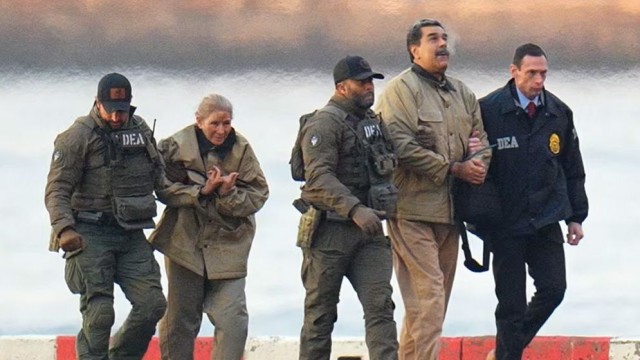




Comment: